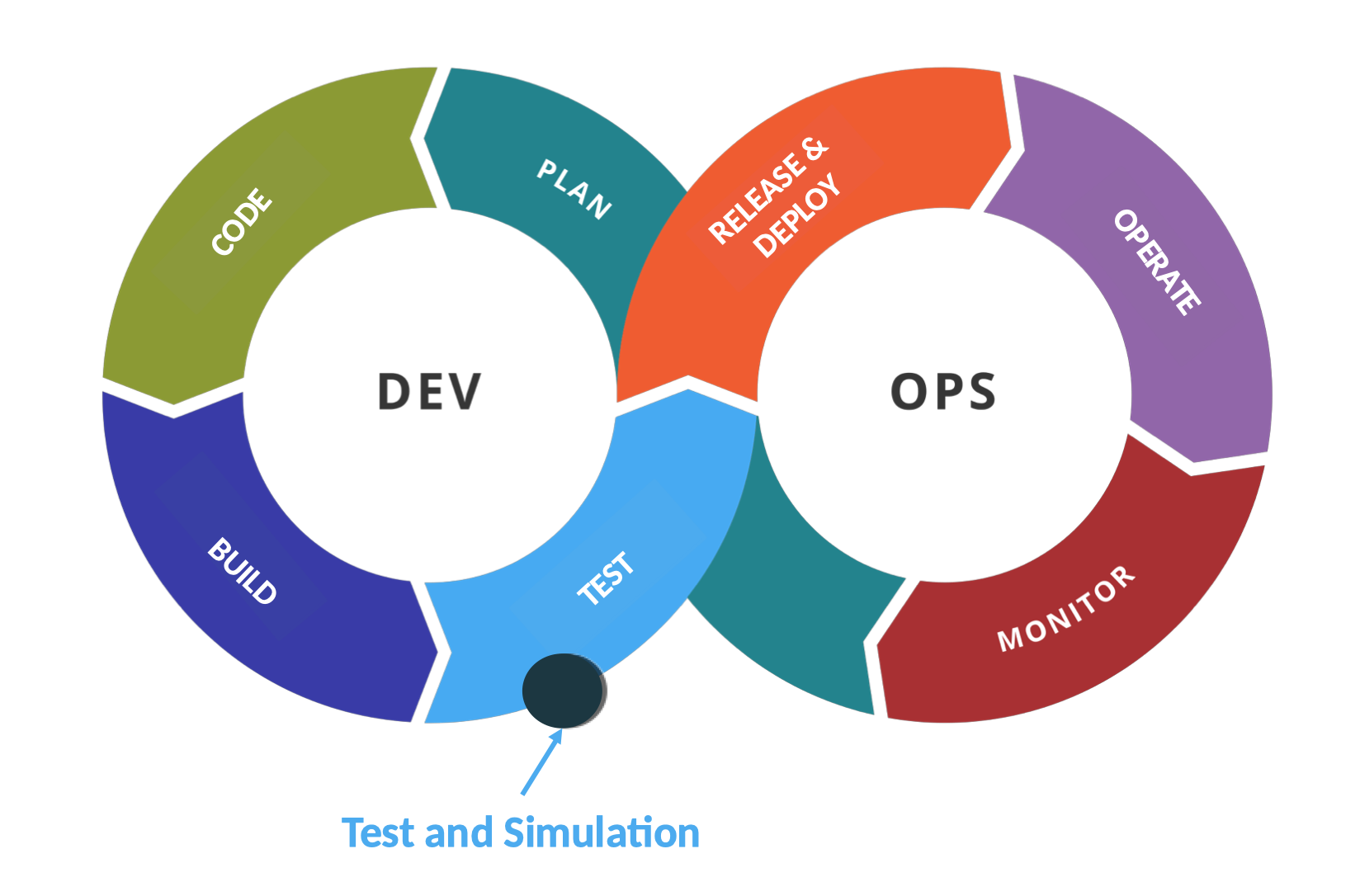Test and Simulation - Business Model
This page contains the business model for the Test and Simulation tool. Test and Simulation provides a tool for testing and simulating IoT environment to detect potential security incidents by relying on the concept of Digital Twins

Main Contributor
Partner: Montimage
Category: Industrial
Type: DevOps Solutions provider
Lean Canvas
Problem
| Customer needs, requests and opportunities from the market |
App Developer: testing application on a real IoT devices network is costly (for infrastructure), not scalable (impossible to deploy 1000 sensors just for testing), time and effort consuming (for software developer who has no hardware expertise) App Operator: needs to make sure all the functionalities, operations of the application work properly in different scenarios. But there are many scenarios that do not happen frequently in reality. App Owner: needs to make sure the system is scalable, secured but cannot perform those tests on the production environment |
| Existing Alternatives |
Developer performs unit tests of their application and also test the application on the production environment. There is no way to test for scalability and different cyber security attack scenarios. |
Solution
| ENACT Result |
Test and Simulation tool |
| Exploitation Form |
Simulate sensors/actuators in IoT system Create a simulated IoT system with the simulated sensors/actuators Simulate the normal and abnormal behaviours of IoT devices as well as simulating cyber-security attacks Easy to scale the number of IoT devices to test the scalability of the system Integrate into the DevOps circle with continuous integration and continuous deployment. |
| IPR Background |
Software testing is one of the strong research background of the Montimage team |
| Description |
We are offering a SaaS solution to efficiently perform continuous simulation and test in highly regulated environments. A licensing plan is also possible |
| Type |
Community version (open-source + free) and Pro version (with more features) |
Key Metrics
| KPIs |
|
| Time To Market / TRL at the end of the project |
TRL 8 at the end of the Project |
Unique Value proposition
| Value added by the solution |
Write and test IoT application even without a physical IoT system Test every change in IoT system (new software update, new added device) and detect the problem before deploying on the production environment Simulate different normal/abnormal behaviours and cyber-security attacks to detect the problem in the future. High-level concept: Create a Digital Twins for your IoT system |
| Unfair Advantage |
Strong research and academy collaboration helps the tool easier to be adopted and tested Strong research background in software testing |
Customer Segments
| Type |
App Developers, App Operators, App Owners |
| Potential customers |
Application Developer who want to develop IoT application but does not want to or cannot install IoT devices network |
| Segment |
Smart IoT System provider |
Channels
| Promotion |
A SaaS (Software as a Service) solution Integrate as a plugin in other DevOps tools such as: Jenkins, github, gitlab, bitbucket |
| Distribution |
From our website Free version for research and academy projects on gitlab (ENACT repository) |
Cost Structure
| Cost of implementation |
|
| Cost Sources |
|